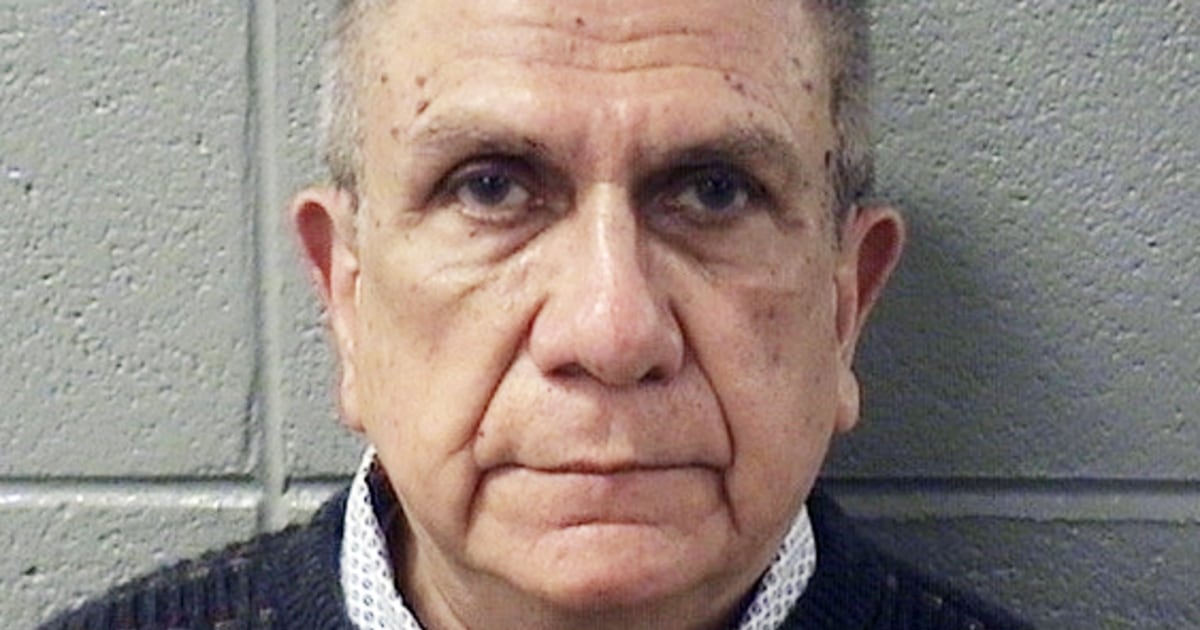- Click to share on Facebook (Opens in a new window)
- Click to share on Twitter (Opens in a new window)
- Click here to share on LinkedIn (Opens in a new window)
- Click to email a friend (Opens in a new window)
Editor's Note: BJ Miller, MD is a physician specializing in terminal and palliative care, treating patients and family members at the Helen Diller Comprehensive Cancer Center for the Family, at the University of California, San Francisco. Miller has dedicated his career to promoting medical care from a human approach, as a policy and on a personal level. Miller is co-author of the book "A Beginner's Guide to the End: Practical Advice for Living Life and Facing Death". The opinions in this column are the author's own.
(CNN) - As a terminal and palliative care physician, my job is to help reduce suffering. At the end of life, this work becomes particularly intense when time is short, when machines and information seem to be taking control and when many intense emotions surround a body that is trying to die.
But here, in that short stretch, both caregivers and patients have the power to mold their experiences together, especially if they take the time to have some crucial conversations. In the name of palliative care, here are a couple of things that, as a doctor, I wish I could share more often with patients and their caregivers.
It is not necessary to be dying to receive palliative care
In hospitals, it is still common for a well-intentioned but uninformed nurse or doctor to speak separately with palliative care doctors to say: "This poor family is very sad, but not yet ready for palliative care." What it means is that the patient is either not dying or does not realize that he is dying. However, this phrase confuses terminal care or terminal patient care with palliative care. Palliative care is what, in the context of a serious illness, is done with the goal of mitigating suffering. Therefore, you only need to be sick and suffering to access palliative care, not necessarily about to die. Don't be afraid to say you want it.
Do not wait for your doctor to tell you about a terminal care hospital
Doctors tend to wait a long time to recognize that death is near. And as studies have made clear, the closer we feel to the patient, the more wildly we overestimate their prognosis.
The average stay in palliative care hospitals in the US It is 24 days.
It is usually very short time. Therefore, here I give a trick to patients and loved ones who begin to wonder about terminal care. In an effort for family doctors to think about recommending terminal care as soon as possible, researchers have suggested the "surprise question." A question like: "Doctor, would you be surprised if your patient died within a year?" If the answer is no, then that doctor should consider recommending terminal care. But there is nothing to stop him from asking himself the surprise question. If you live with an advanced chronic disease and are reflecting on how you want to continue your life, you could take the floor and ask, "Doctor, would you be surprised if he died within a year?" This is a good and bold way to have an honest conversation with your doctor and get the kind of support you need.
The health system is programmed to extend physical life, but does not take into account the psychological, spiritual or monetary costs. With the advances in technology, we are able to keep a body alive practically for an indefinite time and it is well known that doctors tend to assume that one wants the most intensive care, even when a comfort-oriented care can be More in line with your wishes. Unless you say otherwise, the doctor's assumption will be what is done. This means that at some point you may have to say "no" to the next treatment. Be sure to investigate again and again and verify that the care you are receiving is the care that best suits what you want.
It's okay to laugh
In my book, "A Beginner's Guide to the End: Practical Advice for Living Life and Facing Death," someone talks about his stepfather wearing a shirt that says "I'm so old, I can't find my own nuts," next to the image of a squirrel. His final wish was to make his daughter laugh and the shirt helped them both infinitely. To honor him, she buried him with that shirt, retaining his personality in death. Diseases drive people away and not just physically. When we get sick, people around us begin to censor themselves. Solemnity is supposed to be a form of kindness, but it may seem more like a loss, almost a premature death. As patients and caregivers know well, the disease and its indignities offer a lot of material for humor. The joke is made to us if we don't find any way to laugh back.
To lower the railings in the hospital bed
Dr. Marianne Matzo is a doctoral nurse who investigates sexuality at the end of life. He told me a story about a patient who died in his hospital bed while he and his wife were doing oral sex. Dr. Matzo tells the story as a triumph, rather than a tragedy: the couple had found a way to maintain intimacy until their last breath. We are still alive when we are dying. When the railings are lowered, it is possible to pamper and take care of each other. Those moments are to feel united, sexually or in other ways, and to find a way to be in your own body while you have it. They also try to remind yourself, and both of you, that you are still there, that both are still there, with the ability to love and be loved. This is how healing works, and it is possible to heal, be complete, even while the body crumbles.
To the caretakers: they are not afraid to leave the room
In the last hours and days, people who are dying at times lose or regain consciousness; Even when they are awake, they often rave. This means that your loved one could say or do things that are completely different from your true self. The behavior varies and can be from sweet to unbearable. Once I met an old woman at a conference, she nervously told the story of her husband who gave her strange and vulgar accusations before losing consciousness forever. Now, in addition to pain, trauma had been created. I wish someone had told him before that delirium on the deathbed is a very normal condition.
I also wish that caregivers know that it is okay to leave their position next to their loved one's bed. How many times have they spent hours inside the room, without eating or sleeping for days, just blinking, not wanting to lose that last breath, just so that the person dies just when they fall asleep or are going to use the bathroom?
As any terminal care worker can tell you, that is a well known phenomenon. It is almost as if the presence of others, especially loved ones, interposed in the final step of the person about to die. That great moment may have to happen alone. What people about to die seem to need in the end is to know that the people they love will be fine; that life will continue and that one, the person they love, can take care of themselves. So, it is best to show that concern by leaving the room when one needs it. Just be sure to kiss him and know that this could be the last.









